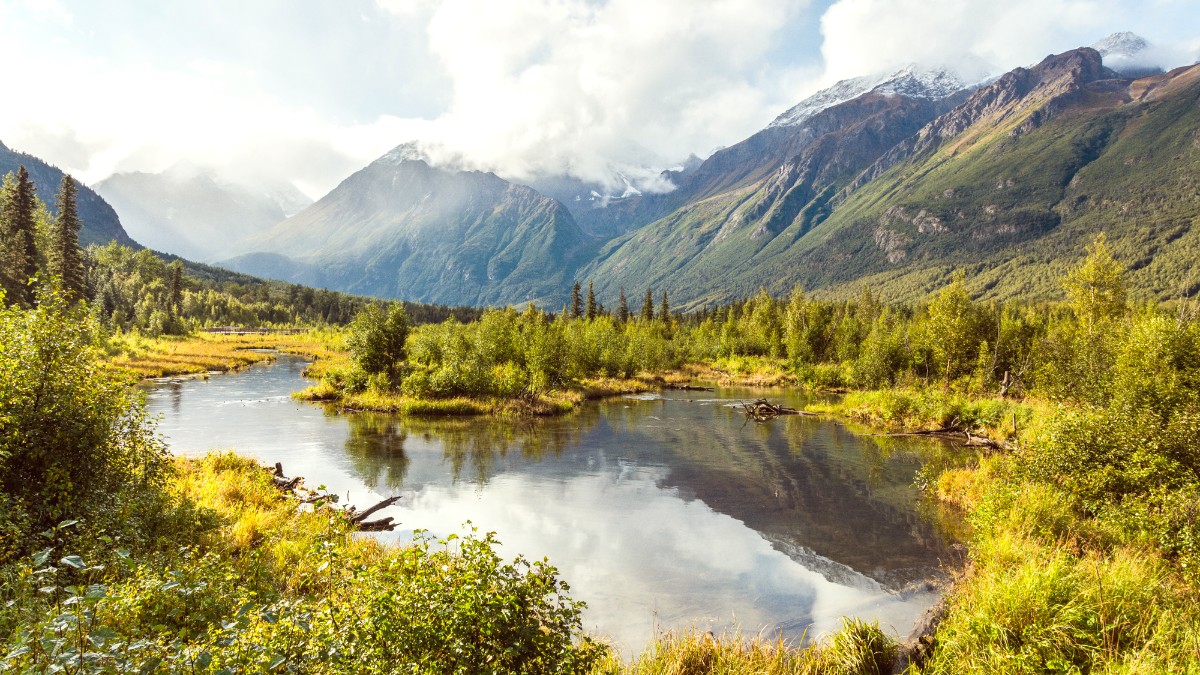
The Southwest, Bolivia
Eduardo Avaroa Andean Fauna National Reserve (REANFA): This is a protected area. It is important for Andean wildlife (flamingos, vicuñas) and unique geological features. The region is also important for quinoa cultivation.
Waste management and recycling are basic, especially in remote areas. Visitors must carry out all their trash from the salt flats and the reserve, including organic waste. Leave nothing behind.
Water is a scarce resource in the arid Altiplano. Be mindful of water usage, especially when showering (if available) or using facilities in remote refuges. Reduce plastic use by bringing reusable water bottles.
Your actions can support sustainable travel practices.
Practices to reduce environmental footprint.
Choosing tours that align with sustainable values.
Ways to contribute positively to the local economy.
Shopping with a positive impact.
Support community-based tourism initiatives that directly benefit local indigenous populations (e.g., visits to small artisan villages).
Find Ethical Tours on G AdventuresSupport conservation organizations like The Rainforest Site through their initiatives or store to contribute to environmental preservation.
Support The Rainforest SiteSupport sustainable quinoa farming. Inquire about eco-initiatives at hotels and tour operators. Be wary of excessively cheap Uyuni tours; they may compromise safety or fair practices.
Your travel choices can directly benefit the local economy.
Seek out community-based tourism initiatives.
Ethical shopping options.
Appropriate ways to contribute.
Points for consideration.
Your travel choices have a direct influence.
Supporting local businesses contributes directly to the Uyuni region's prosperity.
Choosing fair trade and ethical shopping options benefits artisans and communities.
Look for tours and activities that directly support community-based tourism projects.
The ethics of mine tours in Potosí are debated. Be wary of excessively cheap Uyuni tours; they might cut corners on safety, driver wages, vehicle maintenance, or food quality.
If donating, consider established local NGOs or community projects over direct handouts. This approach avoids fostering dependency. For ethical tour operators, consider G Adventures.